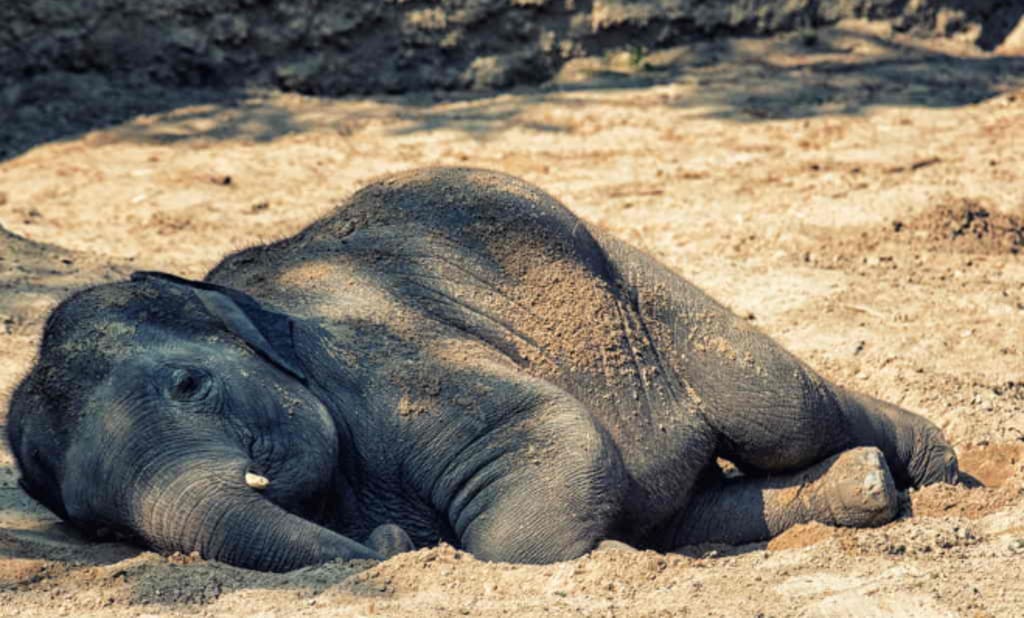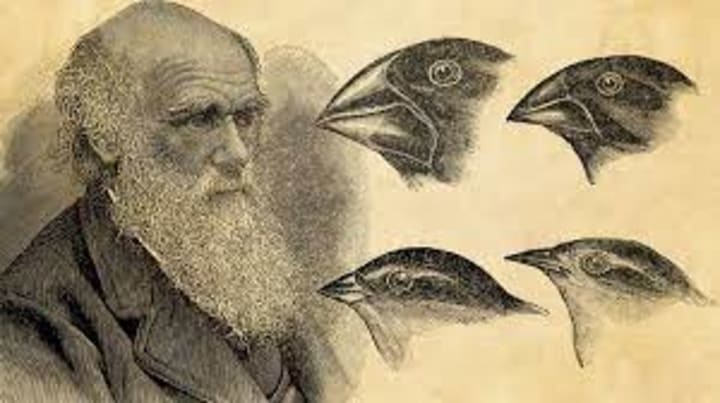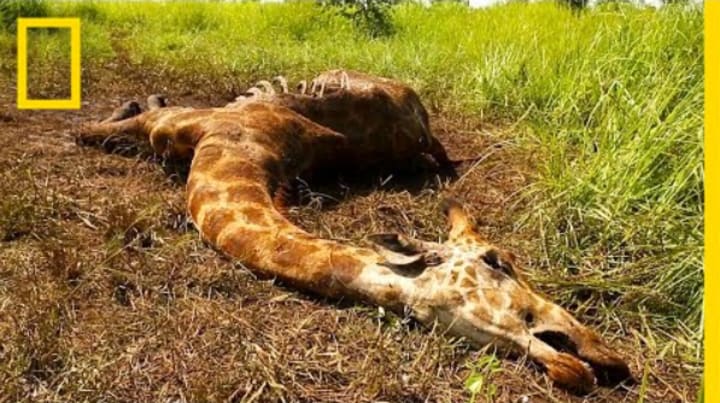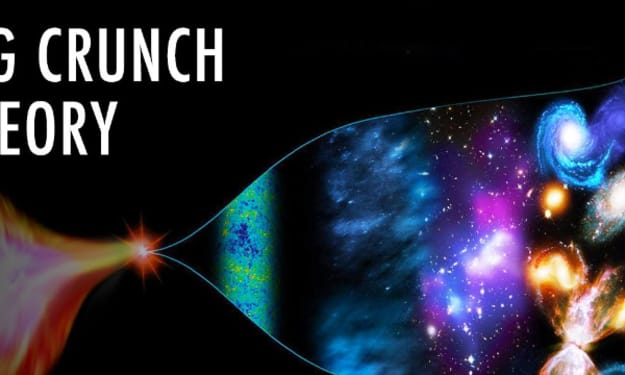Can other animals understand death?
Do they can understand the death how humans?

In 2018, an orca named Tahlequah gave birth. Sadly, her daughter died within an hour. Despite the loss, Tahlequah refused to leave her daughter's body. Over the next 17 days and 1,600 kilometers, she kept the body afloat, diving to retrieve it whenever it slipped away, even as it started to deteriorate. Her behavior, altering her feeding and travel patterns, was undoubtedly unusual. But was she mourning, or was she simply confused? The question of whether non-human animals suffer is a delicate one.
In 1871, Charles Darwin argued that other animals experience a wide range of emotions, including pain. However, many scientists have been cautious about projecting human emotions onto other animals, given the lack of a reliable bridge between our minds and theirs. Irregular behaviors observed in animals after death have also been attributed to other adaptive reasons. For a while, the prevailing view was that humans were exceptional: only we could think and feel, while other animals merely reacted and survived. But this notion has been increasingly challenged throughout the 20th century.

In 1985, a gorilla named Koko, trained to use some American Sign Language signs, was told that her kitten companion had died. She made distress calls and weeks later, upon seeing a picture of another kitten, signed "cry," "sad," and "frown." Now, there is a growing body of data and observations suggesting that some animals, including mammals and birds, may experience what we call pain.
In 2003, Eleanor, an elephant matriarch, collapsed. Another matriarch named Grace approached and tried to help Eleanor stand, only to witness her fall again. Grace vocalized, stayed by Eleanor's side, and attempted to lift her up. When Eleanor died, another female named Maui came, positioned herself over Eleanor's body, and rocked back and forth. Over a week, elephants from five different families visited Eleanor's body. In separate instances, elephants have been observed carrying the remains of family members, including jaws and tusks.
In 2010, a giraffe was born with a deformed foot, struggling to walk. The calf lived for only four weeks. On the day the calf died, 22 females and four young giraffes watched closely, occasionally sniffing the body. The third morning, the mother was still alone and not eating, which is unusual for giraffes that usually feed consistently. Instead, she stayed by her dead calf's side, even after hyenas had consumed the body.

Scientists have begun quantitatively evaluating other animals' responses to death. In 2006, researchers analyzed fecal samples from baboons for glucocorticoids, stress hormones that increase when humans are grieving. They compared samples from females who had lost close relatives in predator attacks with those who hadn't. The baboons that had experienced loss showed significantly higher glucocorticoid levels in the month following the death. These baboons increased grooming behavior and the number of grooming partners, expanding and strengthening their social networks. Within two months, their glucocorticoid levels returned to baseline.
Researchers have also observed primate mothers engaging in seemingly contradictory behaviors while carrying their deceased offspring. They switch from cannibalization to gently transporting or grooming the bodies, suggesting conflicting impulses towards the corpses.
Our current understanding of the emotional landscapes of other animals is severely limited. To better comprehend mourning in the animal kingdom, much more research is needed. For now, discussions on whether non-human animals experience emotions like pain can be emotionally charged, partly because their outcomes have significant real-world implications. For instance, determining whether orcas should be isolated and kept in captivity or if dairy cows should be separated from their newborn calves. Until we have more data on the subject, should we treat non-human animals as if they have the capacity to process grief, or assume they do not? Which belief could cause more harm?
About the Creator
DailyDiscovery
DailyDiscovery is your window into the world of news and trivia. We will take you on an exciting journey of discovery and wonder. Join us and be fascinated by knowledge and learning! 🌍✨ 🔎





Comments
There are no comments for this story
Be the first to respond and start the conversation.